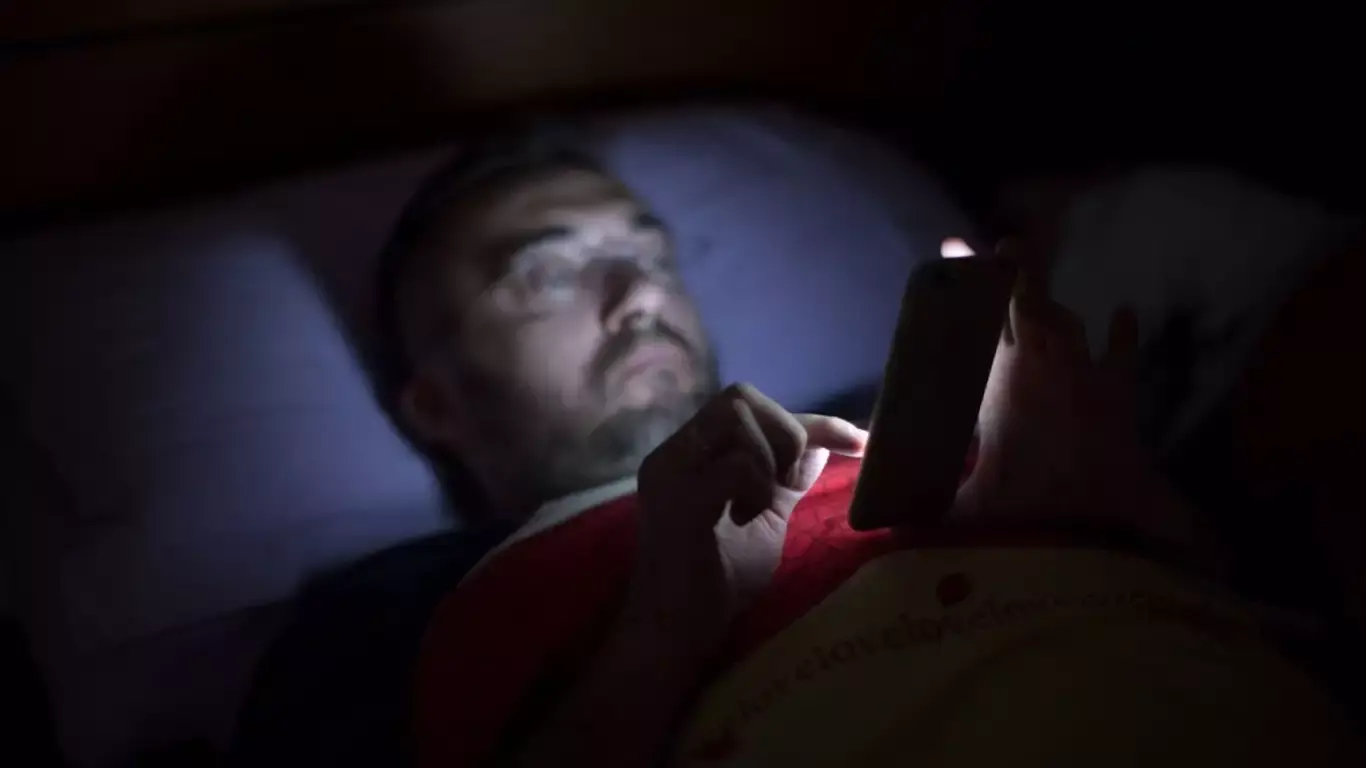It could all be a lie; Using warm colours to enhance sleep is after all proving to be a wrong idea. This is at least according to the university of Manchester. Researchers at the University of Manchester have reasons to believe that reducing blue light in your phone’s screen at night does not make you get sleep as it was thought.
Previously, it was thought that melanopsin, which is responsible for detection for wavelengths of light is a key factor in controlling the body clocks and hence influence sleep patterns. This led to scientist assuming that exposure to colours of shorter wavelengths like shades or red and yellow at night would influence sleep patterns in humans. The theory was further supported by the assumption that at sunset, the sky is full of colours of shorter wavelength and during the day, the sky tends to have light that is of longer wavelength. The shorter wavelength light was thought to signal the brain that it is time to sleep. This is the reason why scientists issued an advisory making screens to emit warmer colours at night for people who fail to catch sleep when using their phones and computers at night.
The research conducted by the university of Manchester seems to show otherwise. When mice were exposed to blue light during the day and warm light at night, they never showed any changes in sleep patterns. In fact, the mice seemed to get excited by the light. Changing patterns of lights of longer and shorter wavelengths did not affect the sleeping patterns of the mice.
Dr Tim Brown, a member of the team that did the research at the University of Manchester said, “We show the common view that blue light has the strongest effect on the clock is misguided; in fact, the blue colours that are associated with twilight have a weaker effect than white or yellow light of equivalent brightness”
A control setup in which blue light was used at night made the mice sleep earlier which is contrary to the advisory that was previously issued by scientists. This observation has prompted an assumption that blue light could be beneficial in “calling sleep”.
The scientists further found out that the best way to make the mice catch sleep was to reduce the intensity of light just before sleep. This proves that the best way to fight insomnia caused by exposure to phone and computer screens at night is to stop using the gadget.
This natural transition from warm to cool light plays a role in regulating our sleep cycles, the latest study argues. Blue light filters like the kind found on most tablets and smartphones may actually be more disruptive to sleep patterns than non-filtered light, the researchers say.





